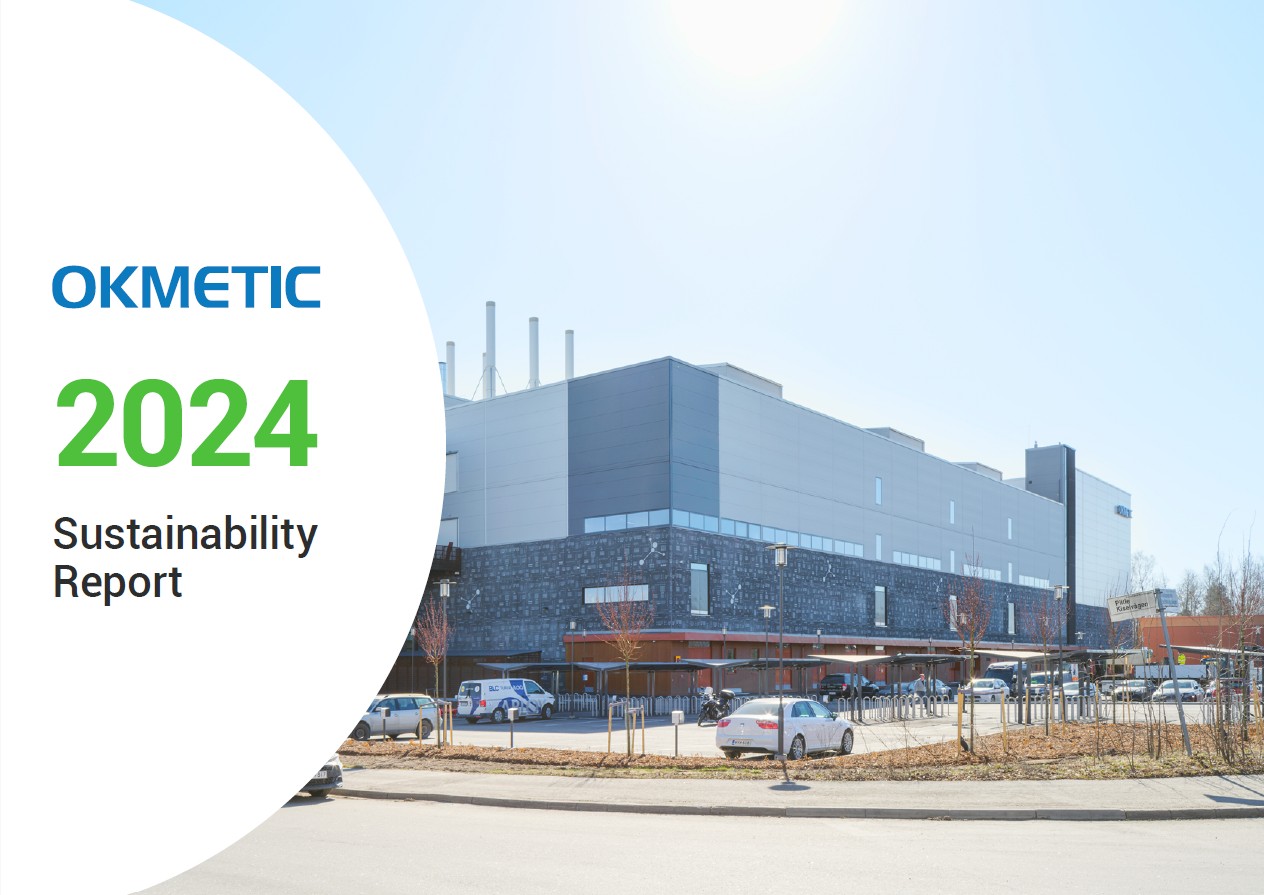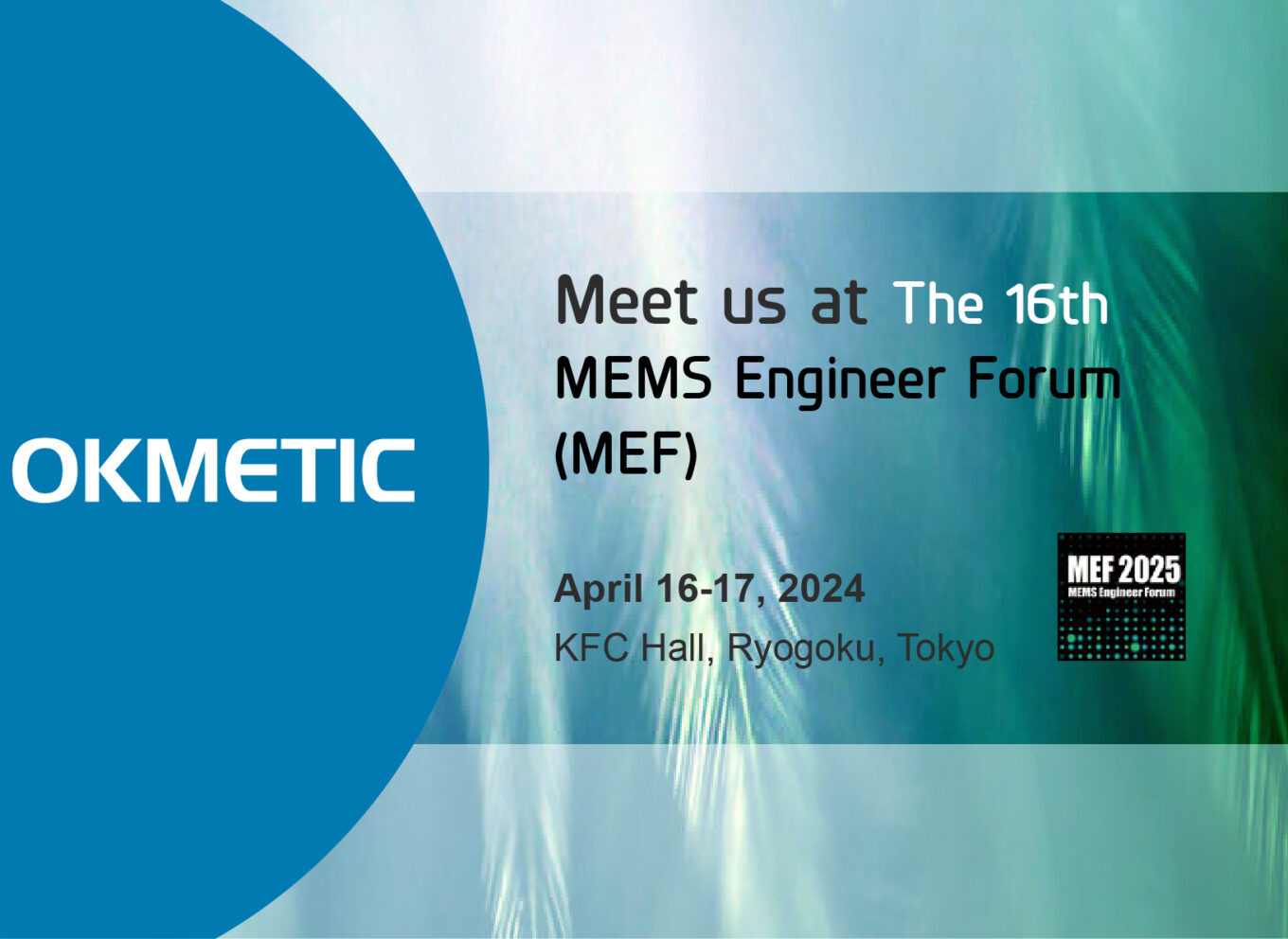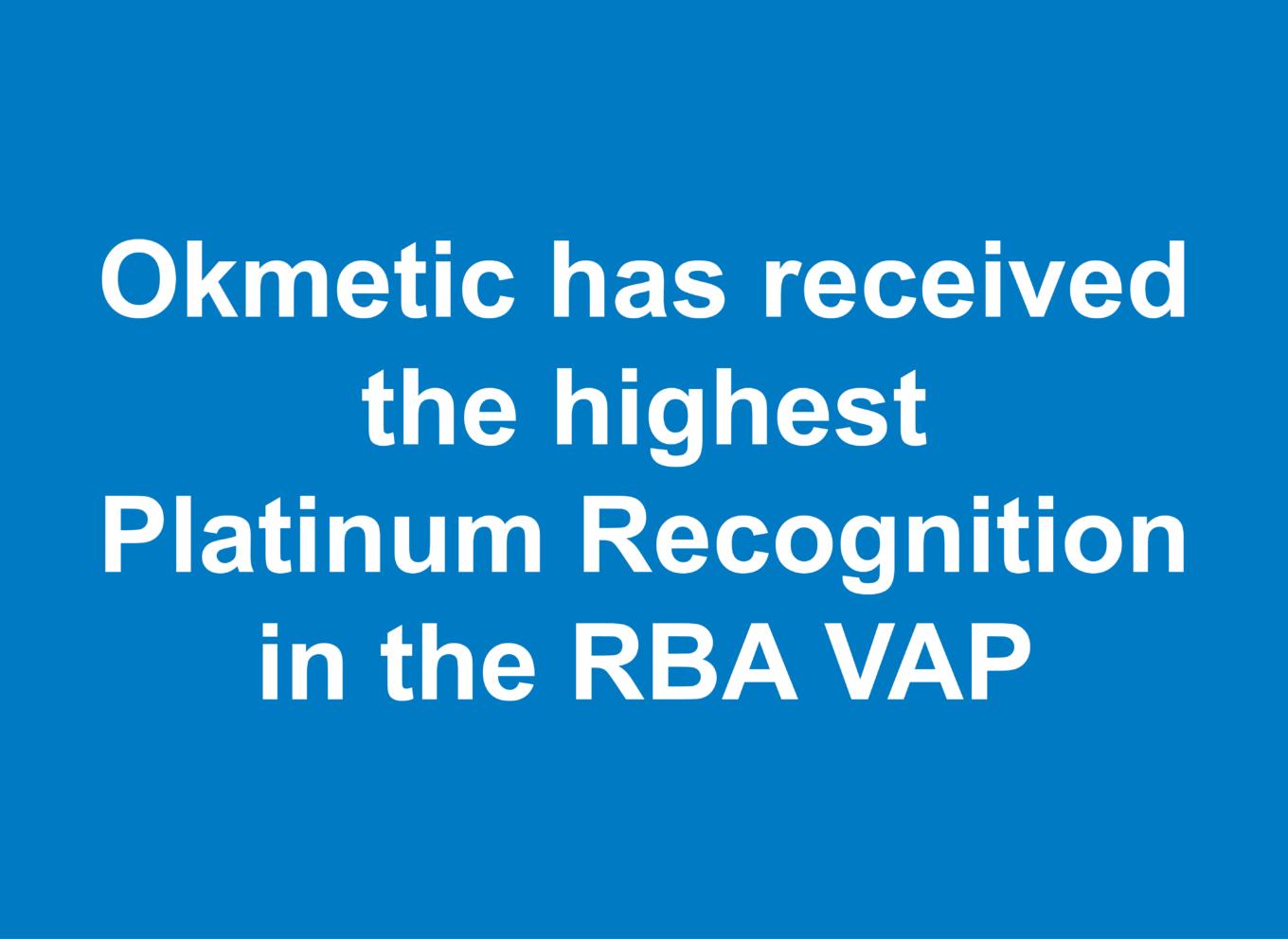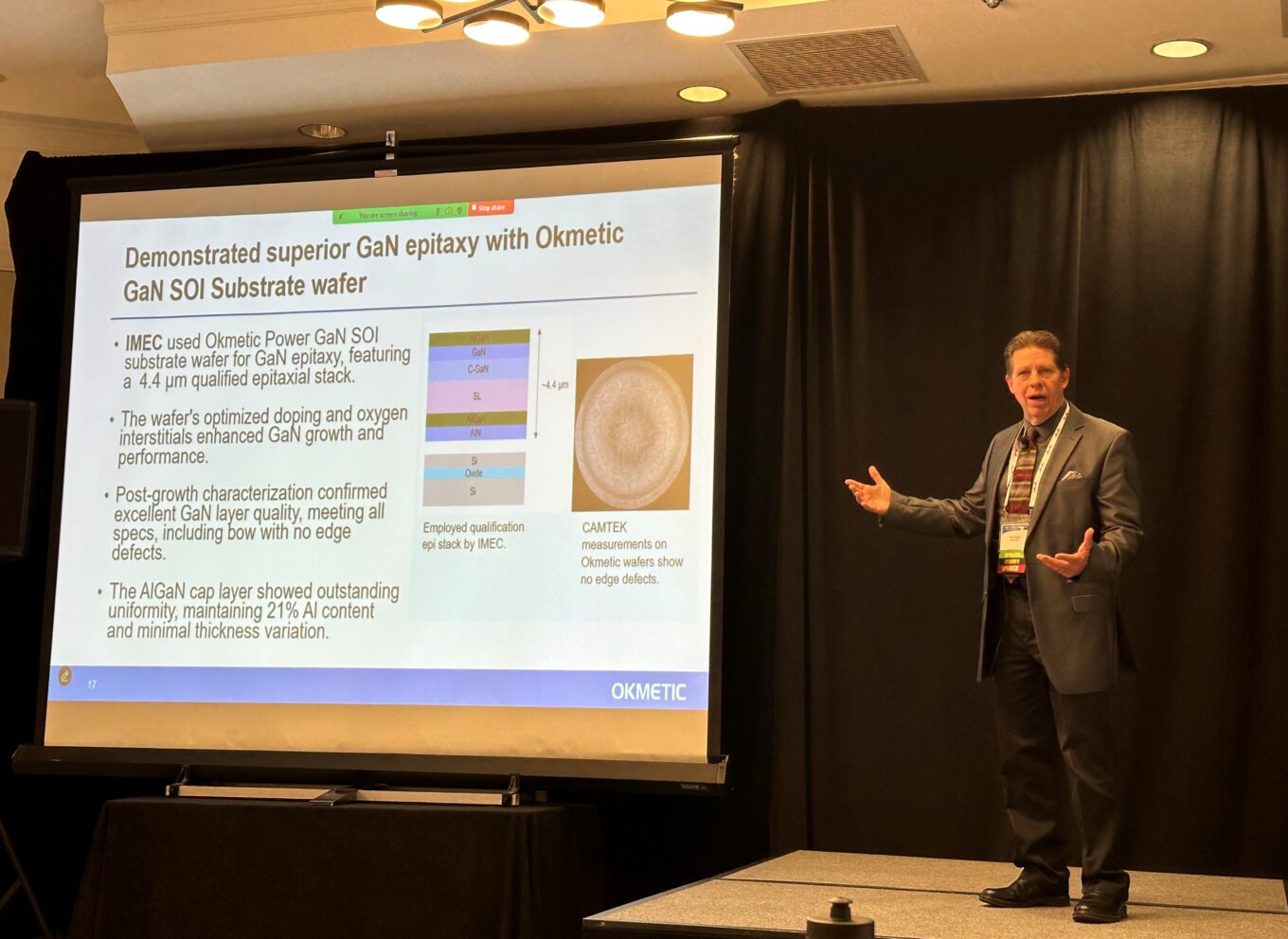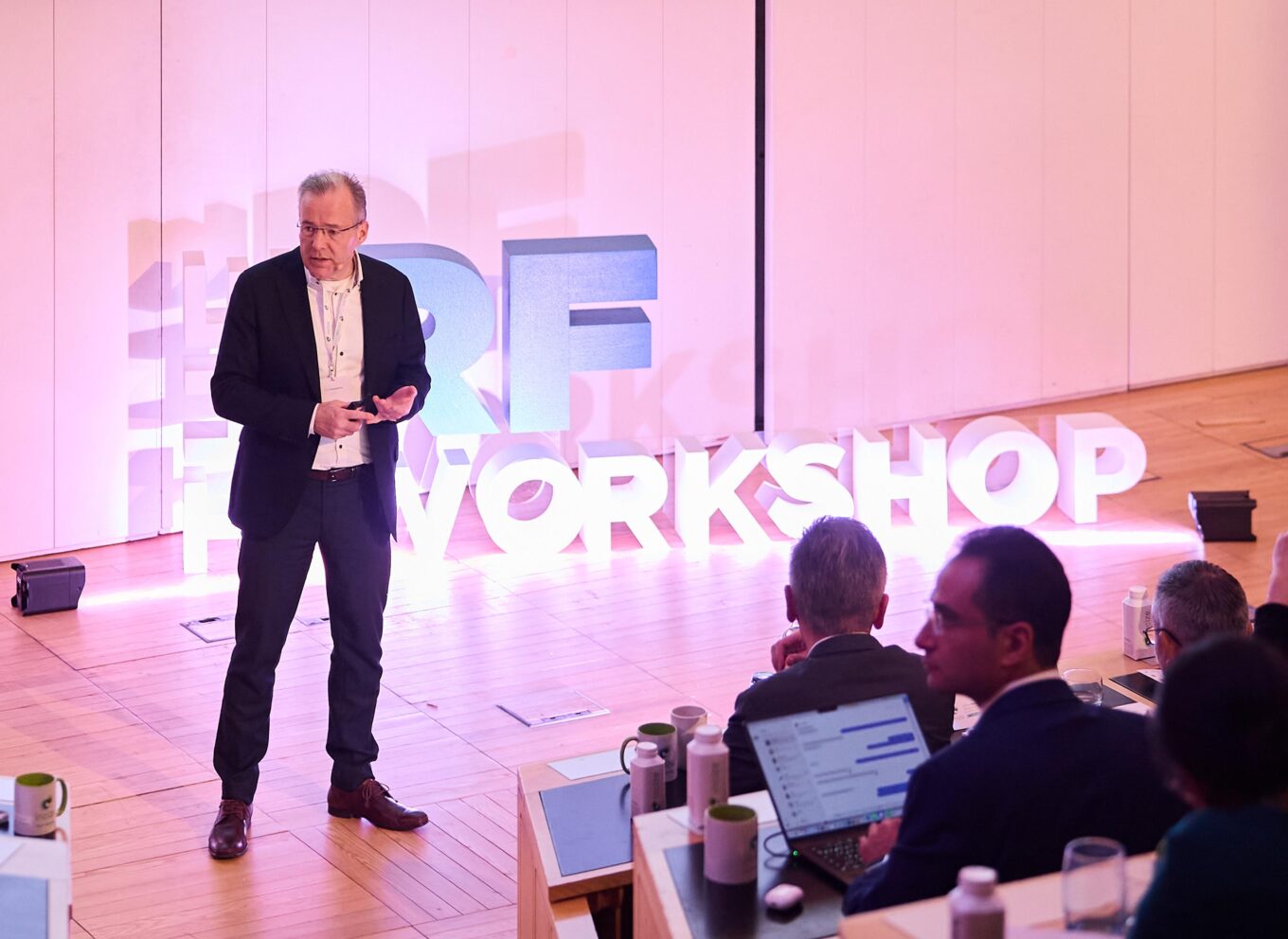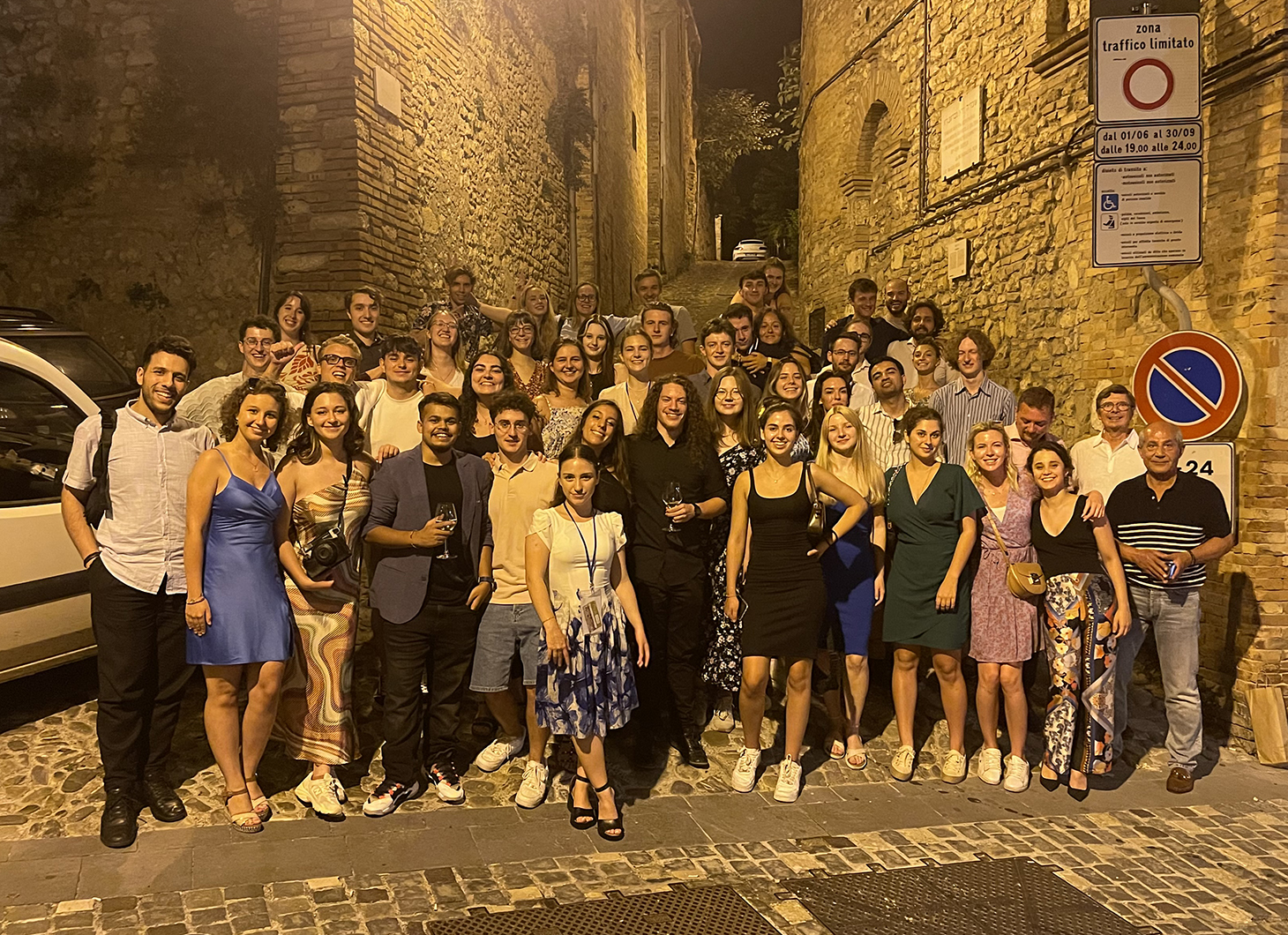
ECS Summer School 2024 brought students comprehensive knowledge of semiconductor industry
The ECS Summer School 2024 took place from August 19 to 23 in Bertinoro (Italy). The participating students experienced top-class presentations and lectures by selected experts from academia and industry. Topics such as semiconductor technology, integrated circuit design, digital systems and embedded intelligence as well as integration were the focus of the event.
The European Chips Skills Academy (ECSA) is a comprehensive initiative aimed at strengthening innovation and resilience in the microelectronics industry. It responds to current industry challenges by bridging the gap between general education and industry and addressing the acute skills shortage in Europe. The aim of ECSA is to build an industrial university network offering scholarships, apprenticeships, access to laboratory facilities, professional training and online courses.
As part of the initiative, students, all of whom were selected personally and on the basis of their outstanding academic results, were able to attend the ECS Summer School this summer. The extensive program included lectures, talks and demonstrations on the possibilities that cutting-edge microelectronics can offer today and in the future.
Haseeb Shaikh participated in The ECS Summer school 2024. He was one of the two summer school participants from the University of Helsinki. Haseeb’s attendance at the summer school was partly a matter of chance. He got an email from a professor at the University of Helsinki, which led to an acceptance into the summer school in May and a trip to Italy in August. Haseeb is completing his bachelor’s studies in science and plans to continue his master’s studies in Data Science, Software Engineering or possibly something very different like AI.
Haseeb thought that the educational program of Summer School was designed to be easily accessible, starting with basic concepts like Moore’s Law before delving into more complex topics. The program included twice-daily demo sessions, which provided practical exposure to the theoretical concepts discussed in the lectures. “The hands-on sessions were particularly valuable, allowing us to apply what we had learned in a practical setting.” Haseeb says.
The summer school was held in a small town, and the sessions took place in a castle, adding an exotic touch to the experience. The environment and social aspect of the summer school were a highlight for Haseeb and other participants. Altogether 37 students from various European countries, including Belgium, Ireland, France, Germany, Italy, Croatia, and Romania, came together, creating a diverse and vibrant community. “The opportunity to meet and interact with other students from different backgrounds was one of the best parts of the program. The social activities, including exploring the town and spending time together outside of the classroom, were integral to the overall experience.”
The summer school also provided insights into the semiconductor industry. The program highlighted the importance of the semiconductor industry to Europe and the job opportunities it offers, which are comparable to those in the tech industry. Before Summer School, Haseeb had a good knowledge of semiconductors, as he is heavily exposed to tech, but he was surprised that Europe and Finland have such a diverse ecosystem around semiconductors and yet the industry is so unknown.
”The summer school experience in Italy was a remarkable journey that provided a unique blend of academic and hands-on learning and social interaction. It also provided valuable insights into the semiconductor industry. The social connections made during the program were equally important. We are still in contact with many of the summer school participants.” Haseeb sums up the summer school.
